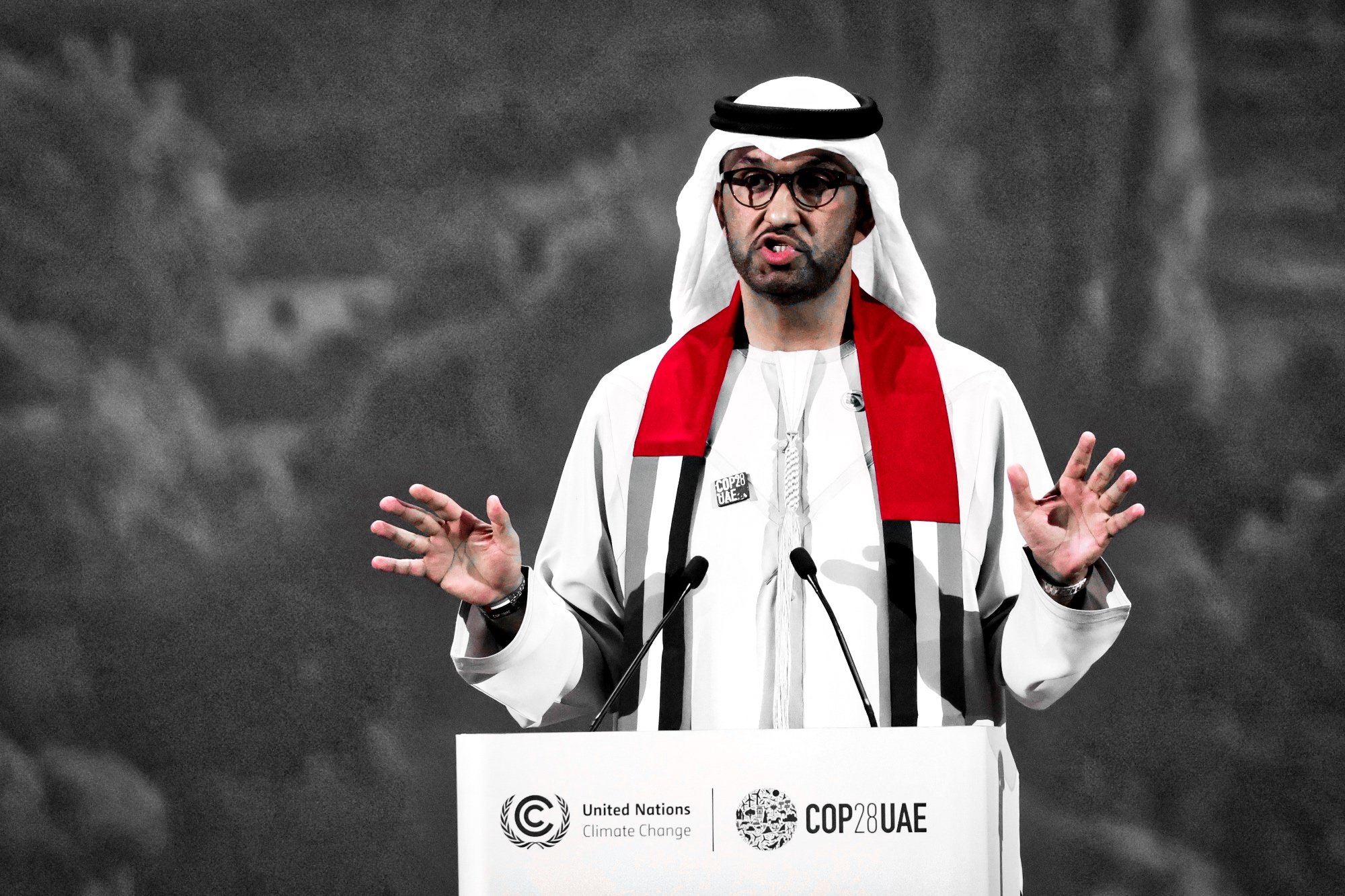An 11th-hour deal has been struck at the CoP28 climate talks — but what kind of deal? The devil’s in the details, as always.
It’s being labelled “the UAE consensus,” but those are not the kind of words to stir hope and joy in the climate science community.
On the face of it, the 11th hour — literally, midnight Pacific Time — agreement to “transition away” from fossil fuels sounds like, if not the end result exactly, a step in the right direction.
What the EU has labelled “the beginning of the end of fossil fuels” is also being singled out by the Alliance of Small Island States (AOSIS) as an “improvement,” but with a “litany of loopholes.”
Climate justice campaigners are, by and large, disappointed with the wording, which they say can — and probably will — stand in the way of implementation.
Was it ever thus.
The reaction from small island countries like Tuvalu, Vanuatu and Kiribati is telling because they are the nation states most vulnerable to the impacts of the climate crisis in the immediate term, as opposed to “somewhere in the future,” say, 2050, when — in theory — the world will have cut greenhouse gas emissions enough to limit global heating to no more than 1.5°C above pre-industrial levels.
That was already a tall order as the science tells us that the world is already at 1.7°C ahead of pre-industrial levels. Rapid ice melt in the polar regions and glaciers in more temperate climes might not seem evident right now in London, New York and Washington D.C., but it is an existential issue in Tonga, Micronesia and the Maldives, among 33 other member states.
The deal encourages the world’s nations to embark on a de facto phasing out of fossil fuels, but developing countries still need billions of dollars to help them transition away from coal, oil and gas. The G7 nations, fast-growing economies like those in China and India, and the wealthy oil sheikhdoms of the Arabian Gulf are not compelled, let alone required, to move as quickly as the climate science urges. The US has pledged just $20 million in new finance to help emerging nations, and even that amount — paltry considering the US is also the world’s most active producer of oil and gas — and even that is likely to be rolled back when political conservatives regain power in the US White House and Congress, as they are likely to do next November, with Canada to follow in 2025.
China has already vowed to expand coal production, and India will face no penalty for following suit. Russia, which worked hard behind the scenes to forestall any kind of deal, including this one, will face little opposition next year, when the UN’s climate conference will be held in Azerbaijan, an oil producer and more or less a client state of the oil and gas-producing Putinocracy.
There is a silver lining to all this, if silver is the right word exactly. Timing, as always, is a factor. Perhaps shamed by the optics of handing the world’s biggest, most important climate conference to Azerbaijan in 2024, the following year’s conference will be held in Brazil. And not just Brazil, but in the heart of the Amazon rainforest, the symbol of nature’s last stand against global heating.
Let’s hope it’s still there.




